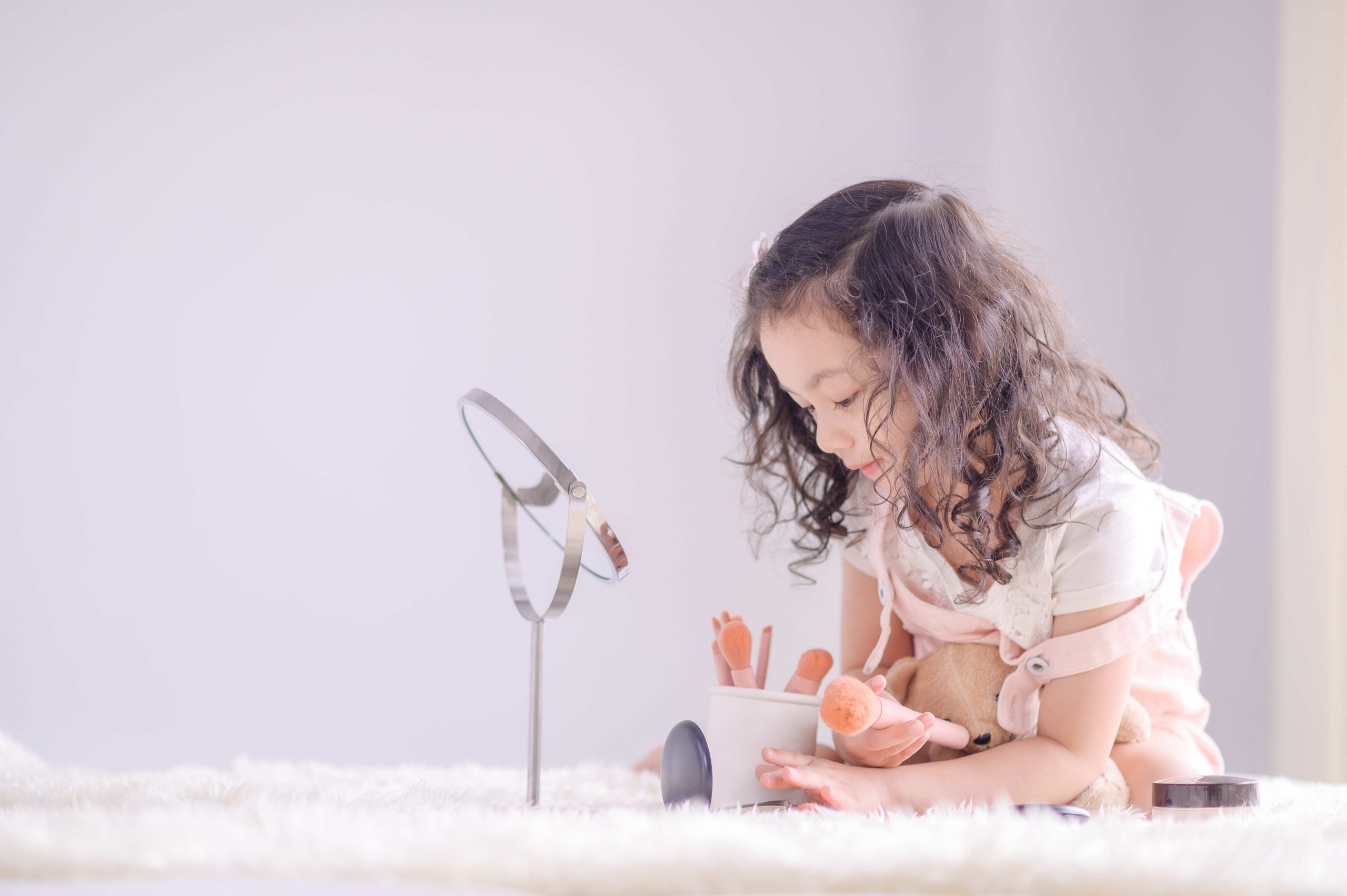
Introduction
In order to keep toddlers engaged and happy, parents and teachers should provide preschoolers with toys that support their growth. As parents and educators have come to understand the advantages of these toys for toddlers, the popularity of Montessori-inspired minimalist toys has grown over the past few years. This article will describe Montessori toys, explain why preschoolers need them, and provide ideas for new toys to add to your child’s collection.
What are Montessori Toys?
Montessori toys are toys that follow the Montessori philosophy, which emphasizes child-led learning and play. These playthings are made to support toddlers’ cognitive, motor, and sensory development as well as their independence, inventiveness, and creativity. The majority of Montessori toys are built from organic materials like wood, metal, or fabric and lack any technological or battery-operated characteristics. Contrarily, minimalist toys have a straightforward design and fewer frills so that preschoolers can utilize their imaginations and creativity to explore and learn.
Why are Montessori Toys Important?
- Promotes Independence: Montessori toys allow toddlers to play independently, fostering problem-solving skills and decision-making abilities.
- Develops Cognitive and Motor Skills: These toys promote cognitive and motor skill development through problem-solving and fine motor activities.
- Fosters Creativity and Imagination: Simple designs encourage preschoolers to come up with their ideas and solutions, promoting creativity and innovation.
- Promotes Sensory Development: Engages preschoolers’ senses with different textures, shapes, and colors, aiding in sensory skills development.
- Durable and Environmentally Friendly: Made of natural materials, these toys are long-lasting, environmentally friendly, and safe for children.
Examples of Montessori Toys
- Wooden Blocks
- Sorting and Stacking Toys
- Musical Instruments
- Art Supplies
- Sensory Bins
- Puzzles
- Nature-Based Toys
Advantages of Montessori Toys
- Promote learning through play, sustainability, social interaction, and emotional development in preschoolers.
- Reduce clutter, promote mindfulness, physical activity, cultural awareness, and a love of reading and learning.
- Suitable for all ages, fostering creativity, problem-solving, independence, and self-directed learning.
- Promote cultural diversity, environmental responsibility, and appreciation for the natural world.


